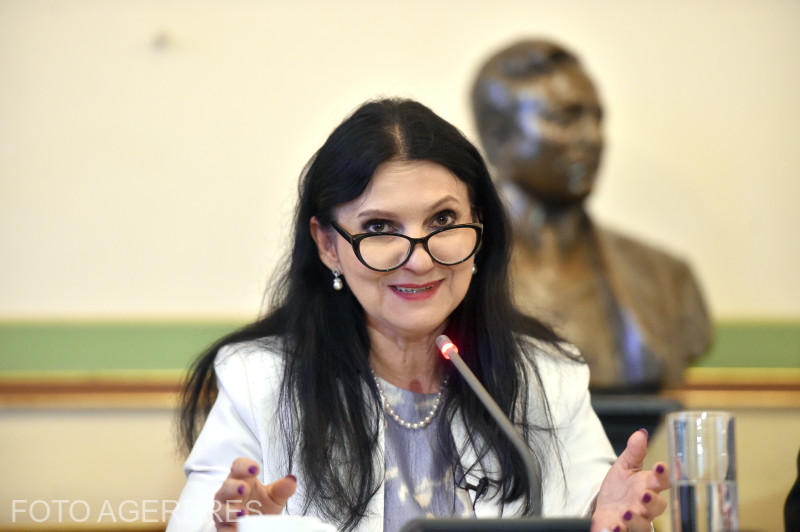Approximately 65% of the Romanians believe their family's situation is going to worsen in the following 12 months, as GfK Trust Barometer indicates. One year ago, the same survey said the same thing about 30% about Romania's residents. Only 6% of those who answered the GfK questionnaire hope to have a better situation within a year's time, while 23% expect everything to stay as it is.
When comparing their current financial situation with the situation one year ago, 68% of the surveyed said that it got worse and only 5% say they have a better life than 2009.
Plus, 85% of the respondents expect a higher unemployment rate in the period to come and only 4% show optimism in this regard.
Over two thirds of the surveyed Romanians estimate an increase in inflation in 2010 and first 2011 semester, while a relative similar percentage remarked that the past year has brought higher prices for most products. Only one in then interviewees believe the prices are likely to fall soon.
According to the survey, 8 in 10 find it difficult to save. 85% said they did not intend to save next year either, because of the increase in prices and the unemployment, the Consumer Trust Barometer shows.
In this context, buying cases and cars do not make it to Romanians' main priority lists. 91% and 87%, respectively, declared in April it was very little likely to buy a house or a car in the next two years. More the three quarters of the surveyed do not consider this is an appropriate time to spend money to renovate the house.
According to the GfK, the population's trust index in June measured by the Consumer's Trust Barometer recorded the highest drop in the last decade, namely 79%, in contrast to 40% two years ago. This accentuated pessimism by the government's most important austerity measure, which led to the deterioration the general economic situation.
The Consumer's Trust Barometer is a study co-financed by the European Commission and carried out monthly by GfK Romania. The data are representative for the Romanian population 15 years old and older. 1,000 people are interviewed monthly. The error rate is 3.1%.



















